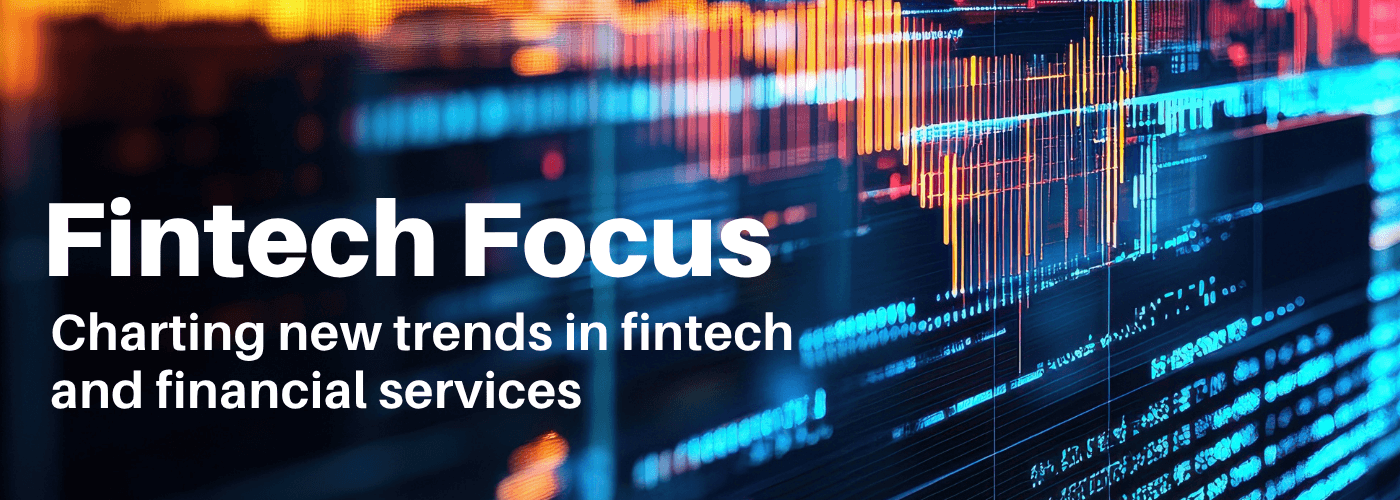David Shanahan discusses Ireland’s reputation in the fintech ecosystem and the latest fintech hiring trends.
![]()
Having weathered a number of significant storms in recent years, for example, Brexit, the pandemic and a global financial crisis, Ireland’s fintech landscape has remained resolute. Even “punching above its weight”, according to David Shanahan, director at Irish recruitment agency IT Search, which is a member of the Vertical Markets Group.
“Particularly when it comes to AI adoption,” he told SiliconRepublic.com. “Ireland has a disproportionately high number of AI-first fintech start-ups and major AI R&D centres, which combined, are generating exceptional talent in fintech AI innovation.
“I think it’s fair to say that Ireland’s fintech industry is among the most progressive in Europe and continues to be a launchpad location for AI-powered fintech innovation.”
As a result, Ireland has become an attractive location for skilled experts to launch their careers, with growth and career progression possible across a number of areas. As noted by Shanahan, professionals skilled in AI and machine learning are in particularly high demand, as are those with financial and regulatory knowledge.
But opportunities are not contingent only on how many hard skills you possess, Shanahan said.
“It’s the candidates who can operate fluidly across departments that will stand out. AI doesn’t operate in a silo and it is embedded across many business departments, data privacy, UX, risk and compliance, so communication and collaborative problem-solving skills can be valued as much as specific tech knowledge.”
Fluid career trajectory
Undoubtedly, this transforming landscapethat takes into account hard and soft skills, aptitude and the growing need for a workforce capable of tackling modern challenges, has created unforeseen professional opportunities.
For example, as noted by Shanahan, as the global workforce becomes more cyber vulnerable and faces increasing levels of regulatory scrutiny, fintechs are investing heavily in AI compliance automation and risk management. In turn, this has led organisations to increase recruitment for people with risk model and compliance backgrounds, as well as AI model monitoring engineers.
Shanahan says a range of skills are needed for these areas. “AI model monitoring requires full visibility across the AI production lifecycle, with expertise in machine learning monitoring tools, such as Arize AI, Fiddler AI and Evidently AI. As well as observability stacks like Prometheus, Splunk and ELK stack.”
And it isn’t just new and emerging fields offering fintech professionals exciting opportunities. While robo-advisors, that is digital platforms that provide automated, algorithm-driven financial planning and investment services, are not new, the manner in which they are adapting to a changing ecosystem is generating new work for experts.
“Robo-advisors have been around for some time now, however, AI is advancing money management far beyond the one-size-fits-all advice model. These products can analyse income, spending habits, savings goals and behaviour patterns to give quick personalised guidance including portfolio rebalancing and tax optimisation.”
By combining traditional managerial tasks with AI, niche roles are being created. For example, human-in-the-loop engineering which typically demands a blended skillset of system engineering, AI integration and compliance with strong collaboration skills across tech and non-tech.
Future-focused finance
In addition to opening up the fintech space for job applicants and qualified professionals, the positions created by the evolution of the sector have also enabled future-focused and climate-conscious people to merge their passions.
“As sustainable finance becomes more of a strategic priority, Irish start-ups are leveraging AI to drive sustainable solutions,” explained Shanahan. “Much of the focus to date has been on carbon tracking, ESG reporting and transaction donations to the end consumer.”
For those who foresee a future career that takes into account the merits of a sustainable personal and professional life, there are increased opportunities in climate analytics in the data science sector, particularly when it comes to scenario modelling and stress testing climate risk for portfolios.
“Data Scientists in this space will analyse data on regulations, emissions, weather patterns to test green financing and carbon trading strategies.”
The fintech sector in Ireland now more than ever needs the skills of innovative, curious people, to create a future that is transparent, technologically advanced and above all else, capable of weathering any storm.
Don’t miss out on the knowledge you need to succeed. Sign up for the Daily Brief, Silicon Republic’s digest of need-to-know sci-tech news.
